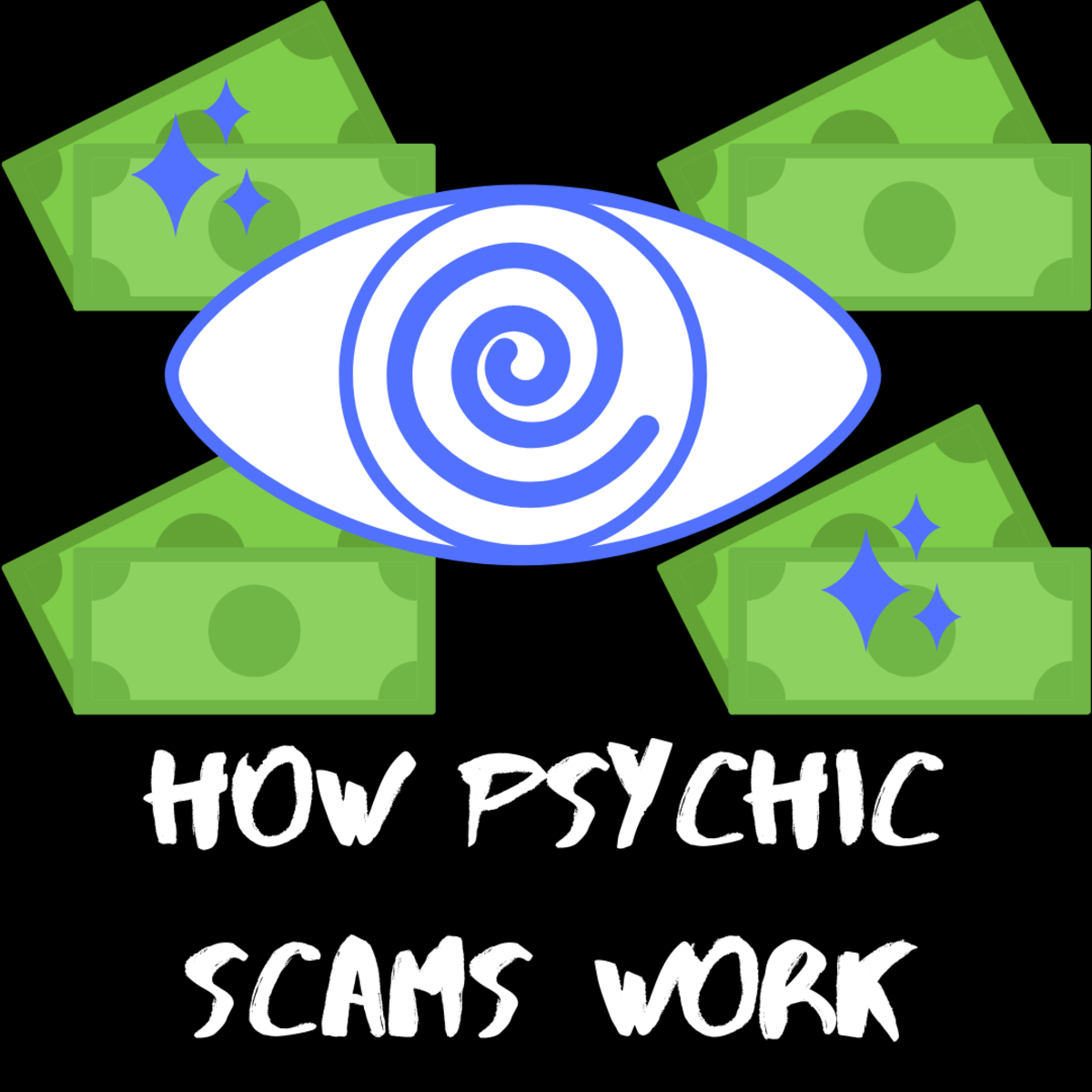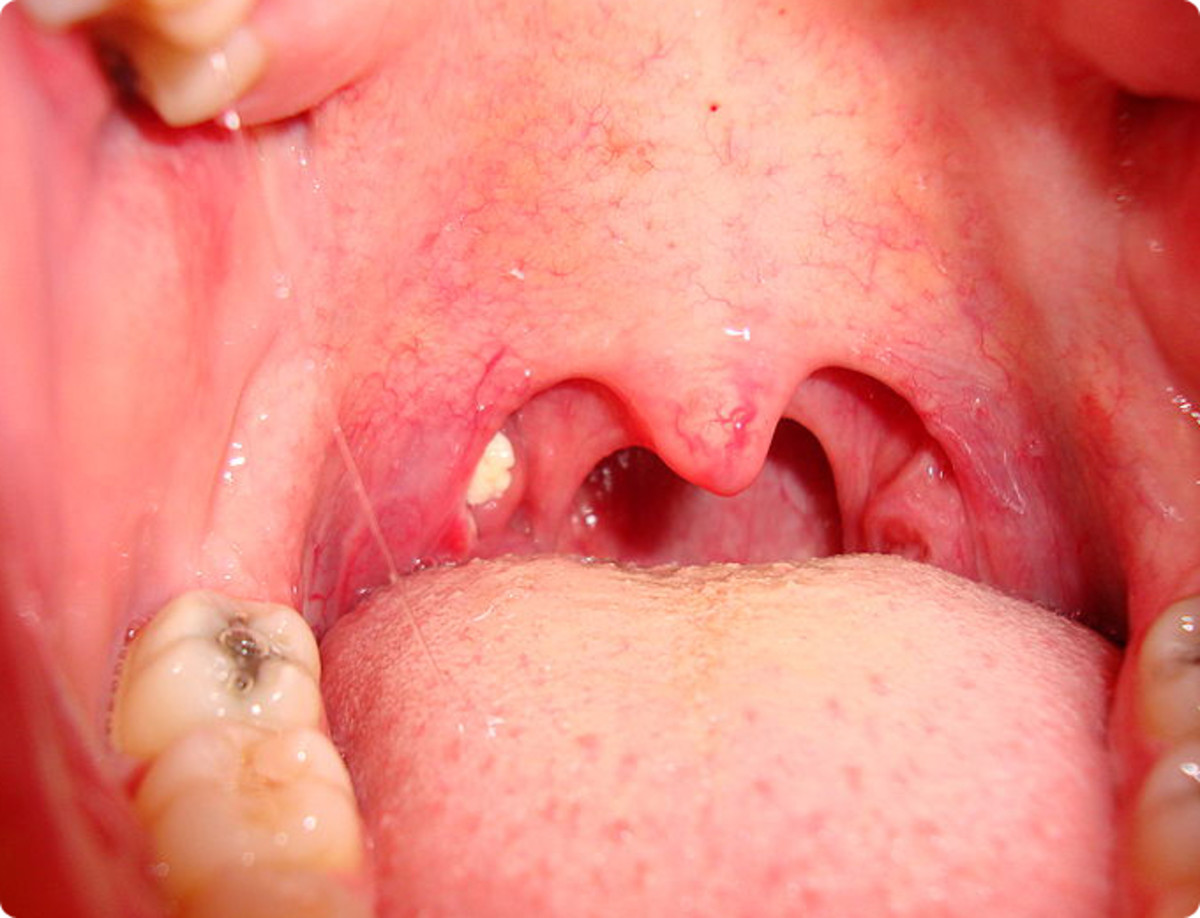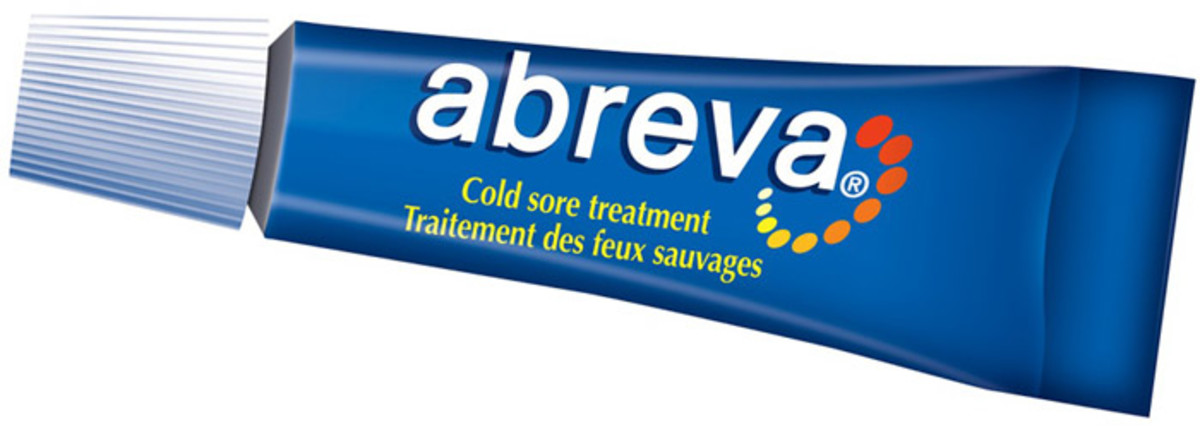Don't Wipe Your Face with Germs! How to Avoid getting Sick this Holiday Season
You’re standing in line at Wal-Mart and your cart is full. You’re tired of being around the crush of people and you’re tired of hunting for the items that you needed. But, finally you have reached the check stand and soon you’ll be headed out into the cold with your groceries. You begin to think ahead. Maybe you’ll start the car first, then load in the groceries. Then it would be warmer when you got in. You’re pleased with the idea and you nod to yourself as the next person moves up to the checker. Just one person left, then it’s your turn. You sigh; it’s been a long day. Kids are crying, crappy Christmas music is already playing, and now you can’t remember if you actually did get all the items on your list. You look into your cart, peering through its contents, then shrug—you got everything you’re going to get.
A mother and her child pull their cart up behind you and the girl immediately begins screaming at the top of her lungs about candy. You cringe at the sound, but look anyway.
Somehow you manage to not say anything out loud but you give a shudder at the amount of snot on that girl’s face. Come to think of it—a lot of kids today had a great deal of snot on their faces. And some of the grownups were coughing. Some were sneezing. Oh God, you even stood between two sniffling people when you picked out that head of lettuce. What if they touched it?
Of course they had! You look into your cart, considering the head of lettuce, considering taking it and jamming it on top of the candy rack. Do you really need it? You could probably wash it when you get home. Then you see the bag of apples.
Then you realize that your hands are kinda sweaty from all the walking around. How many other people were sweating? How many other sweaty hands touched your cart? It was getting late, surely with the amount of people going through Wal-Mart every day your cart had to have been used by at least ten people. Maybe twenty. Maybe more.
You look around, considering the people in Wal-Mart. Ordinary people, really. But yes, some were sweating. Some were pale. Some looked really sick. Some were coughing. Some were touching their faces. A lot of them had kids.
Oh no. Kids. Kids touched everything! Then they touched the merchandise, then they touched the carts. They dropped things on the floor, they wiped the snot from their noses and then put items back on the shelf.
Kids used the bathrooms too, and they didn’t wash their hands. The mothers didn’t always have time to make sure, especially if they had more than one kid and they were in a hurry. And people were always in a hurry. Especially when it gets cold outside—especially when the holidays are upon us.
You look into your cart again. Everything seemed to have the rancid glow of germs. Not one thing could possibly have been untouched by others. Every item, even those with packaging, had been touched by hands and those hands had done who knows what before touching that item. Maybe they ate lunch before putting that bottle of aspirin on the shelf. Maybe they went to the bathroom, maybe they were doing who knows what in the employee lounge…it probably had internet access.
Even worse, every item had been touched by hands who had quite possibly come in contact with other hands—and who knew what they had been doing? It was endless. The manufacturer to the store, the stockroom to the shelves. Employee to employee. Customer to customer.
You begin to get dizzy. It was too much to consider. But, just to be on the safe side, you grab a $2 bottle of hand sanitizer and toss it into the cart. You feel a bit better, but you know it’s only a small step.
Everyone comes into contact with germs every day. Right now, you’re sitting on germs, your hands are touching a desk that is covered with germs, and the door leading out of this room has a handle infested with germs. If you’ve had lunch yet—the change in your pocket will be covered in germs. Literally everything around us has been touched by someone else, and they touched someone else, who touched someone else who might be sick.
We spend so much money and time being sick, but we never really consider the simple steps to keep ourselves healthy. And there aren’t many. And they aren’t hard. Just knowing where germs lurk and how to avoid them or sanitize against them can keep a person healthy, even during the toughest time of year—which is now, which is flu season.
Every year during the winter months, about 5-20% of people come down with the flu. More than 200,000 people get symptoms so severe that they require hospitalization, and every year more than 36,000 people die from the flu. And now we have the Swine Flu to worry about. Which is thought to be even worse, has deadlier and more severe symptoms, and has even begun killing people. Not at the rate of the regular flu, but it’s yet another disease that we have to worry about.
Germs are a part of life. They are commonplace and they are everywhere. Not all germs will cause sickness or the flu, but you need to be aware of how sickness can be spread and how many germs are around us every single day.
Consider a trip to the grocery store. While you might have thought about the merchandise and products you were handling, did you think about the money? Every dollar bill in circulation has a secret life that many people never even think about.
The government prints about $635 million dollars worth of paper money every single day. 45% of this printed money is dollar bills. That money is then given to about 10,000 banks all around the United States, and they pass it out to their customers. Every single day.
A website called WheresGeroge.com has even been constructed to track the movement of paper money throughout the world, specifically dollar bills. Only money with the stamp, the percentage is very small, has been tracked, but it has been determined that one specific dollar bill has been spotted about fifteen times in the past ten years. Imagine where that dollar has been—who it has seen. Imagine how many hands it had to be exchanged through to meet those fifteen individuals who actually wanted to track their dollar bills online.
And that’s just dollar bills. Not the fives, not the tens. Not even the change in your pocket. Just think about how many people have handled each and every one of your pennies. Or your nickels. Or worse—your quarters! Quarters are the most used coin for candy, pop, game tokens, and laundry machines. That quarter in your pocket could have changed hands across the globe, literally thousands of times.
But it’s worse than you think. Paper money is covered in germs, to be sure. But it is covered in everything else imaginable too—from soda, to fruit juice, to actual blood, to vomit, to spit, to cocaine. Yes, cocaine. 90% of all printed money in circulation has trace amounts of cocaine. Money has become so saturated with the drug that police can no longer use drug dogs when it comes to sniffing money. If they did—we’d all be in jail for the cocaine we’re carrying around in our back pockets!
Money, both paper and coin, is the single most germ-infested item in our lives.
Now, you know that the flu virus can be spread by coming into contact with anyone who currently has the flu. However, as the body chemistry in everyone is different, you could get the flu by touching something someone who has it has touched, or simply by sitting next to them when they cough or sneeze. A normal healthy adult can develop the flu virus and not show symptoms for days—but they’ve spent that time putting their germs on everything around you.
Even worse, someone carrying the flu can spread it at least one day before they develop symptoms, and more than seven days after they feel fully recovered. This means that you can pass on the flu when you feel perfectly fine.
Germs and the flu affect everyone in this room. They are all around us.
Did you know that a study some years past by the University of Arizona found that the computer holds more germs than anything else in our lives? In fact, the computer keyboard and mouse contain more germs, by as many as four hundred times, than a public toilet.
Yes, the mouse you just used in the computer lab contains four hundred times more germs than the public restroom!
Think about it though. As many as a thousand people use a single public computer in any given day. And their hands are the one part on their body that contains and has access to more germs than any other.
If they just came from lunch, they might have picked their teeth—and now that computer mouse has someone’s mouth bacteria all over it.
If they came from home, they might have just shoveled up their dog’s poop, or changed their trash, or spent time in the bathroom, or their bedroom—and all those germs just ended up sticking to the keyboard.
Let alone the fact that they might actually have a cold or have come into contact with someone who has.
Germs are everywhere. If we could carry around infra-red lights that could track germs, our world would be a colorful blur of disgusting, terrifying nastiness.
But don’t worry. There are several different, simple and easy, ways to prevent the spread of germs and protect yourself from becoming infected with them.
Take one moment to look around yourself and consider anything that has been touched by another human being. That thing—no matter what it is—will have germs on it. But, the solution to this problem is simple. Carry a bottle of hand sanitizer with you. They are now small and compact, and can fit into any purse or pocket. Use it before you eat and after you use the restroom. Especially use it after you’ve been shopping. Put your groceries away, then sanitize your hands before touching anything else—especially your face.
Clean most commonly used items around the home with any disinfectant. Regular alcohol, not the drink, will work for most items and it is far more effective than the expensive bottled solutions. Gently soak a cotton ball and wipe down door handles, every remote in your home, every phone, and especially clean your computer—the mouse and the keyboard.
Also, when shopping, most stores now carry sanitizing wipes stored next to their carts to help wipe down the cart. Wipe the handle and then you won’t have to worry about who touched it last while you stress about finding all the items you need.
And finally, do not touch your face. Especially after completing any task. Touching your face will immediately contaminate you with any germs you have come into contact with during the day. Your chances of getting sick have just skyrocketed and you risk contaminating others with your germs as well.
Taking these simple preventative measures will make your life healthier and more stress free. Because, if you are aware of your surroundings and have an understanding about how germs are passed, then you are more likely to avoid the worst of them and avoid contaminating others.
Some might say that being this concerned with hygiene and sanitation is a waste of time. Germs are everywhere and why should normal people be bothered with them?
The fact is that they are a part of our lives. And just sitting back and touching things that sick people have touched and then touching your face is going to get you sick. Why passively sit there and touch germs?
Why not take an active role in your overall health? If you could prevent a terrible flu by simply using a sanitizing wipe before using a cart at Wal-Mart, why wouldn’t you take that step?
If we don’t pay more attention to our surroundings, we will continue to get sick and waste time and money on a cold that didn’t need to happen.
However, if we do pay more attention to the germs around us, especially when we are sick or see others who are, we will lead healthier, and thus happier lives. We’ll never have to waste a weekend or holiday at the doctor’s office getting medicine that may or may not work in the next fourteen days. We’ll never have to worry about missing work because of a terrible flu. And, most importantly, we’ll be able to enjoy our lives without the stress that sickness brings.
Who wouldn’t want that?
With all of these reasons to pay more attention to the germs around us, will you make the commitment to employ better hygiene and sanitization into your daily life?
Next time you’re in the grocery store, will you look near the doors or place where the carts are stored and grab yourself a sanitizing wipe?
Will you wash your hands after using the restroom, eating, and touching your face?
Together, we can help keep each other healthy this flu season by taking these simple steps at sanitization and hygiene.
No one needs to be sick this year. And no one needs to be touching millions of germs that can lead to far more harmful diseases than the flu.
Let’s lead by example, and decide to employ better germ awareness!





